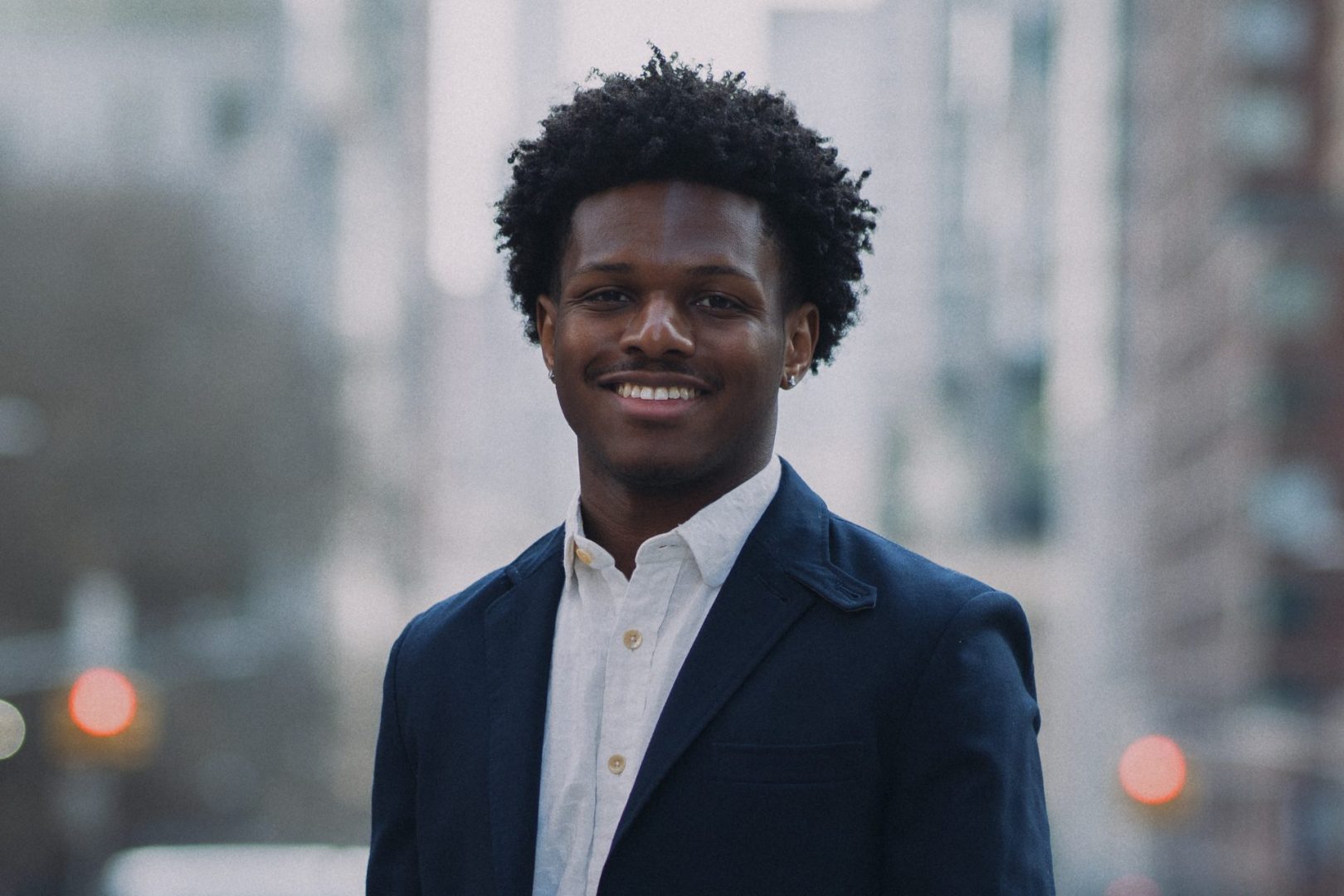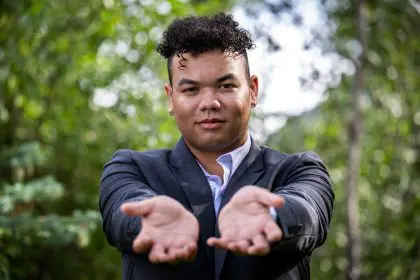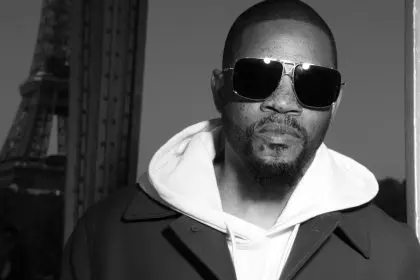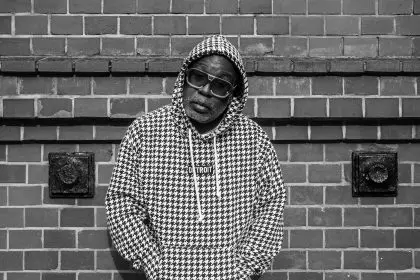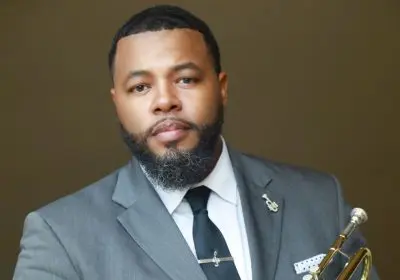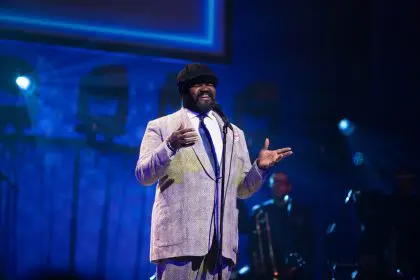“In order for anything to change your life, you have to treat it like it’s gonna change your life.” This is a motto that recent Juilliard grad Sean Edwards lives by. Today we find out more about Sean and his continuous journey with music.
Sean, tell us about yourself today.
I’m a recent Juilliard graduate. I’m from the South Side of Chicago. I play percussion.
I see you. All right. Let’s get started. I wanna know what made you start taking music seriously. Who put that first instrument or microphone in your hand?
So, I started playing music in like third grade. I was put in band. I used to get in trouble a lot for like tapping on desks so they allowed me to join the band early.
From there, I went to a group called Percussion Scholarship Program in Chicago under the direction of Douglas Waddell and Patricia Dash.
They allowed me to take percussion lessons. They offered them for free, which was very beneficial to my career path.
But I don’t think I took music seriously then. I didn’t really start taking music seriously until I started seeing that it could change my life.
In order for anything to change your life, you gotta treat it like it’s gonna change your life. So coming from the South Side of Chicago, at 15, that’s when I got accepted to the National Youth Orchestra.
That was the first year that they did NYO2. So from there, they flew me out. I went out to New York for the first time, went to Philly, Miami like a mini-tour.
I started winning these competitions. I received scholarships. I started being placed in rooms where I could start seeing different opportunities, and it also allowed for different opportunities to see me. So this has been a build to that.
How was that transition into Juilliard? And what lessons did you take being from the South Side of Chicago into a big city like New York — two different, two completely different sides of the spectrum in terms of environment?
I wanna start by saying New York and Chicago, they’re a lot more similar than I expected them to be. New York is like Chicago on steroids. But within that though, I would say the Juilliard experience is like its own little bubble.
I feel like my experience at Juilliard was kind of like unlearning and redirecting the things that I learned growing up, in terms of learning to communicate effectively, learning to articulate myself, becoming aware of my emotions.
Growing up, it’s almost like we’re taught to … not even hide emotions — just not have emotions almost.
What stories or emotions would you say you’re most drawn to express, like through your music and whatever you may create?
My job is just to bring the vision of the composer and give life to that. Of course, I have my own interpretations of that, but it’s in the framework of their vision.
Let’s use like Beethoven or Bach. So when I’m playing a new piece by them, I go and I find the recordings and, I see certain things that are set in stone. This is the framework of it.
It becomes a game of telephone.
When you’re working with living composers, it’s like, I have access to the primary source now. I know exactly how they want it. I can give my own feedback about like, “Oh, I think this sounds better if it’s like this.”
So how would you say your background is reflected within the music, in terms of who you are and where you came from?
It’s difficult, I don’t really have the opportunity to do that much. But I will say, it’s reflected in the way that I hear the music.
Growing up, you have the type of music that you’re drawn to, right? That changes the way that you hear the music, or you experience or you express the music.
What challenges do you face like as a Black man in the music world?
The biggest challenge was just accepting the fact that I belong in any room that God puts me in, which is not always the easiest to accept when, like a lot of the times, I am the only person that looks like me or has had the same experiences that I’ve had — which a lot of times I feel like is more important than skin color.
I know a lot of times we bring it back to the whole skin color thing, but I believe that we bond over experiences, not skin color.
How have your injuries impacted your journey, slowed you down, or maybe taken you on a different route, maybe forced you to learn a new skill? Just tell us a story about those.
All right, so I’ll start with the wrist first. Just ’cause I kind of laugh about that one now. We [were] playing basketball.
I was feeling it. I was hot this game. I’m like, you know what? I’m gonna dunk on this man. And this dude, he’s super tall, he’s actually like 6’5″. But I was thinking, I’m driving, I’m like, you know what? I’m gonna go for it. I go up. I don’t even think bro jumped. He put his hands up, and I just came down.
It was scary at first, just because it’s just a bunch of uncertainty. Just about how it’s gonna affect my career, my plan. Will I be able to play the same.
But it ended up being a blessing though, ’cause it allowed me to take that break from the music. Even though I was still so close to it, I was still very far removed from it, because I’m not able to do anything. It made me hungry in a sense.
And then it also helped me get my love back for it, because I had to start over from ground zero, reworking that wrist up again.
What’s next for you?
I’ll be continuing my education. I’m going to San Francisco Conservatory of Music to get my master’s.
Christopher Armstrong, he wrote a piece for me that I commissioned last month, but that should be releasing on social media sometime in the fall.
What song do you currently have on repeat every single day?
“Much Generator – Escapades” — it’s a piece by John Williams. He’s a film composer. So this was from the Catch Me If You Can movie — that I actually haven’t even seen yet. On another note just being from Chicago, you know, gotta support G Herbo.

